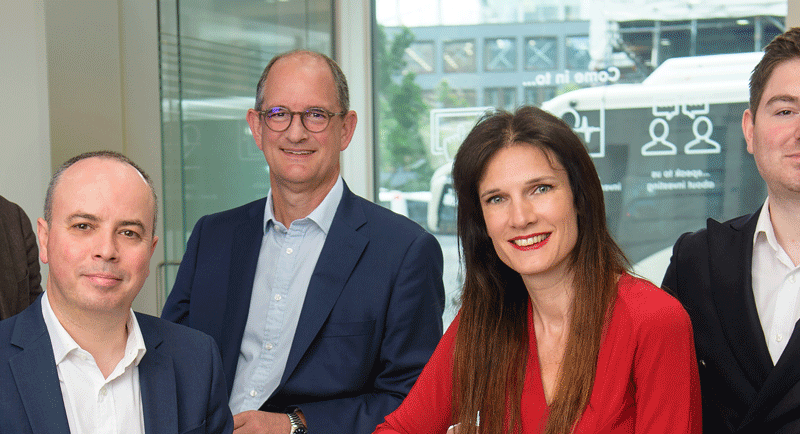Five investment lessons we wish we’d known earlier – SPONSORED CONTENT

In life, we all learn from our experiences, especially when it comes to investing. As they say, hindsight is a wonderful thing. So what piece of investment advice would you tell your younger self?
Fidelity Personal Investing’s Markets & Insights team share their experience.
Tom Stevenson
I wish I’d known from the outset of my investing career that the best approach, as in life generally, is to believe that things will get better. There’s a good reason that the definitive study of long-term stock-market performance is titled ‘The Triumph of the Optimists’. It demonstrates how investors who looked through a long list of worries – wars, revolutions, epidemics, recessions, inflation, mass unemployment – have been richly rewarded for their faith. In the long run we have got healthier and wealthier, and we will most likely continue to do so. I have rarely regretted making investments (well, sometimes) but I have often cursed my decision to sell out early. The best thing you can do as an investor is to buy the best and hold it forever. Sit back and let the miracle of compound growth weave its magic.
Emma-Lou Montgomery
Time is precious, so use it wisely. I’m not being sentimental here, I’m talking practically! The beauty of youth – never more so than when it comes to saving and investing – is that time is firmly on your side. Every penny you put aside in your 20s (or younger) will grow into something worthwhile, thanks to the magical power of compounding. This is when the returns you make on your hard-earned cash start to generate their very own returns. All without you having to do anything more than stay invested.
When you’re young you want to live for today, not tomorrow and I know there are a million-and-one ‘better’ (i.e. more instantly gratifying) things to spend it on, but think about ‘Future You’. Use your youth to your advantage and start saving as soon as you can. I promise you, you really will thank yourself for it later.
Daniel Lane
I started investing during the longest bull run in history and after seeing around a year of fairly consistent returns I developed a couple of bad habits. The first was naively attributing good returns to my own skill and negative blips to the market’s fault and second, getting used to the idea that investments only ever go up – what’s all the fuss about, this stuff’s easy?
Looking at the market, its challenges and its opportunities, through a very short-term lens gave me a very inaccurate view of what was really going on. This framing bias still crops up from time to time, but I’ve learnt to recognise the signs that I’m not considering the bigger picture. I wish I’d been more aware of my own natural biases sooner, but I think as long as I know how I’m prone to react and keep questioning myself I can avoid the temptation to act rashly. A wee walk and a bit of fresh air make all the difference.
Ed Monk
An early venture into investing ended badly when I needed my money back at short notice, and had to sell at a loss. Accepting the risk of capital losses is part of investing, of course, but by going all in without enough of a buffer held in savings I didn’t leave any room for short-term losses to recover – as they so often do. Now I make sure that I can live without the money I invest, at least for a reasonable amount of time, and I try to worry less about short-term movements. Paying in smaller, regular amounts – that I know I won’t have to claw back at short notice – means I’m actually comfortable taking more risk with the money that I do invest.
Jonathan Wright
I’d wish I’d known earlier to invest in stages. So often I have conviction about a share or fund and want to invest as much as I can all at once. Usually I’m driven by the fear of missing out and think that I have timed my entry point perfectly, only to see the share price fall. But what have I got to lose if I buy in stages? The worst that can happen is the price goes up and I make a profit on what I have invested already. Yes, I could have made more profit, but I’ve not actually lost any money. If the share price goes down I get a chance to buy more and ‘average down’ hopefully enabling me to break even more quickly. The same rule applies to selling. You’re never going to know the precise peak, just as you never know the precise trough, so sell in stages to get an average price.
For more information on investing for your future, go to fidelity.co.uk
Important information
Please note, past performance is not a reliable indicator of future returns. Investors should note that the views expressed may no longer be current. The value of investments and the income from them can go down as well as up, so you may get back less than you invest. This information is not a personal recommendation for any particular investment. If you are unsure about the suitability of an investment you should speak to an authorised financial adviser.
UKM0319/23848/SSO/0220
Comments (0)